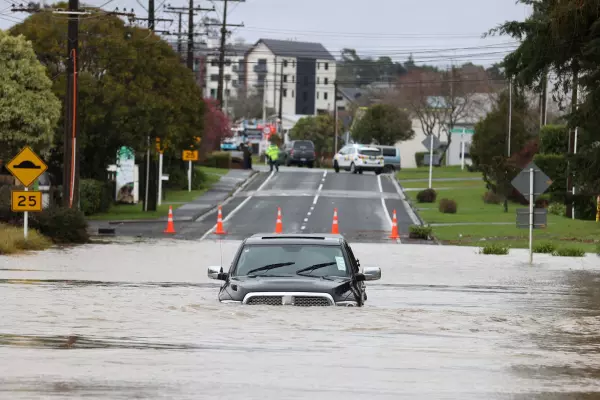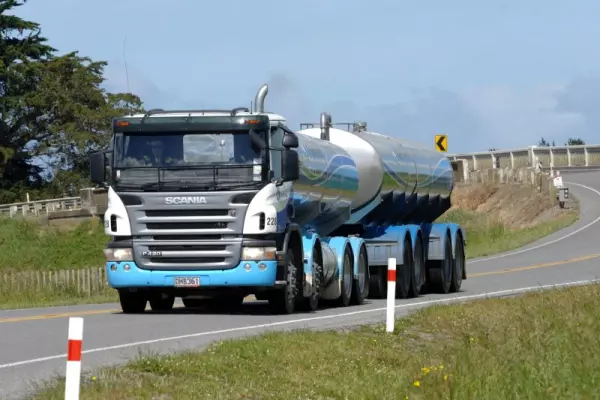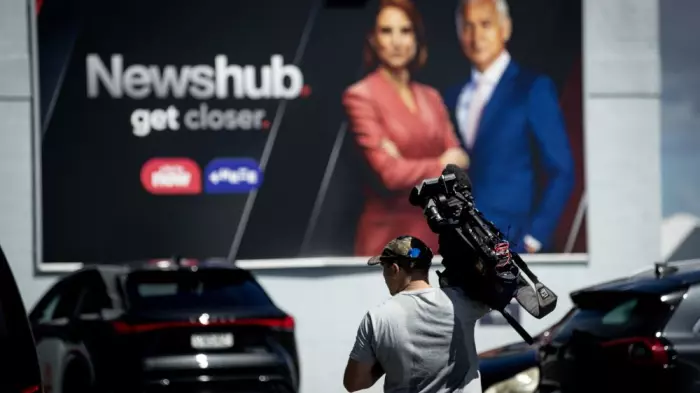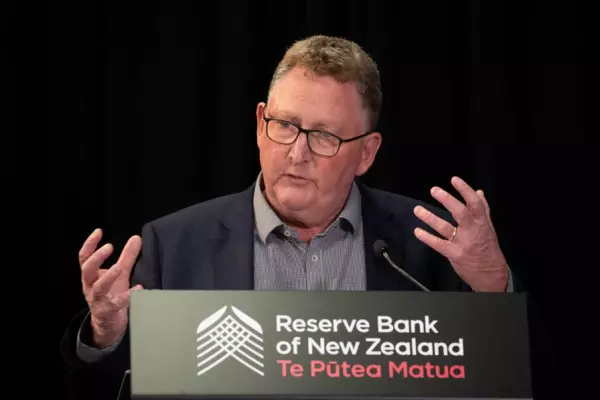The lift in the minimum wage may pave the way for landlords – looking to recoup losses after recent changes – to raise rents, and while unions are relatively happy, business and opposition MPs are riled up.
The minimum wage increased today from $18.80 to $20 an hour. The government estimates 175,000 people will benefit by $44 a week more before tax.
“We now have some wage growth for one segment of the working population. That creates a window, most likely in the lower quartile rental segment, for some increase in rents,” said Lucy Telfar Barnard, senior research fellow, He Kāinga Oranga/Housing and Health Research Programme at the University of Otago, Wellington.
According to Telfar Barnard, landlord lobby groups have made it clear that landlords will be looking to raise rents, where they can, to reduce the effect of the removal of tax deductibility.
“The standard response to that threat is that rents are set by supply and demand, not by landlord costs, but there’s also an 'ability to pay' limit to how much demand can push prices up,” she said.
However, if wages have gone up, the “ability to pay” limit weakens somewhat, leaving room for landlords to increase rents more than they would otherwise have been able to, she said.
Recent changes to the Residential Tenancies Act 1986 mean landlords can only increase rents once a year.
“When the time arrives within the year for the next rent review, I would expect any landlord with a mortgage to be looking at how much they can push it,” she said.
Economic vandalism
The opposition National Party, meanwhile, said it is disappointing the government pressed ahead with the minimum wage increase given the slowing economy and recent yo-yoing between alert levels.
“We all want to see sustained wage growth, but sharply increasing the minimum wage during a period of extreme uncertainty for small businesses is economic vandalism,” National’s workplace relations spokesperson Scott Simpson said.
“After struggling through the toughest year in living memory and doing whatever they could to keep their workers employed, this cost increase imposed from Wellington is a slap in the face for small businesses," added National’s social development spokesperson Louise Upston.
ACT leader David Seymour was also less than enthusiastic.
“Research undertaken by ACT shows the annual impact on a business employing 20 people on the minimum wage for four years of steep minimum wage increases, more sick leave and an extra public holiday is almost $200,000 ($197,600),” he said.
Should have been postponed
Meanwhile, BusinessNZ had recommended there should be no more minimum wage increases until covid-19 recovery is confirmed, said Catherine Beard, executive director, ExportNZ and ManufacturingNZ.
“Today’s rise in the minimum wage will be a significant stress on many small businesses that are already struggling in the covid environment,” she said.
Retail businesses, in particular, are very vulnerable, as people aren’t spending as much as before covid, and retail margins are very tight, Beard said.
BusinessNZ is not alone.
In its December 2020 minimum wage review, the Ministry of Business, Innovation and Employment (MBIE) recommended that the new adult minimum wage should be set at $19.15 and come into effect on Oct 1.
“Although the government has signalled a rate of $20.00 to come into effect on 1 April 2021, MBIE believes the current economic conditions suggest a more gradual increase in the minimum wage is appropriate in 2021,” it said.
When asked why the government pushed ahead regardless, transport minister Michael Wood said "while ministers receive a range of advice, it is ultimately up to us to make decisions".
Wood is also the minister of workplace relations and safety.
“Government had signalled this increase and the timing years earlier, and we were elected with a strong mandate to deliver on our promises,” he added.
According to Wood, MBIE’s analysis was based on economic data that is now out of date.
“Because we went hard and early on our response to covid, the economy has performed much better than expected.”
Unions want more
On the flip side, the wage increase was well-received by unions, although they want more.
E tū team leader Yvette Taylor said the rise is a commendable milestone, but the struggle is not over.
“This will make a substantial difference, but there’s still a long way to go before workers are receiving the living wage – the amount that workers need to truly survive and participate in society,” said Taylor.
The Council of Trade Unions president Richard Wagstaff also said it’s important that the $20 minimum wage has finally become a reality.
"We know that thousands of working people do not earn enough to provide for a comfortable life for them and their whānau."
"They are the working poor; struggling to meet the costs of basics like food and housing. Increasing the minimum wage has a real and meaningful impact on these people’s lives, but these people will still be living on the bread line," Wagstaff said.
Updated to reflect a response from transport minister Michael Wood.














